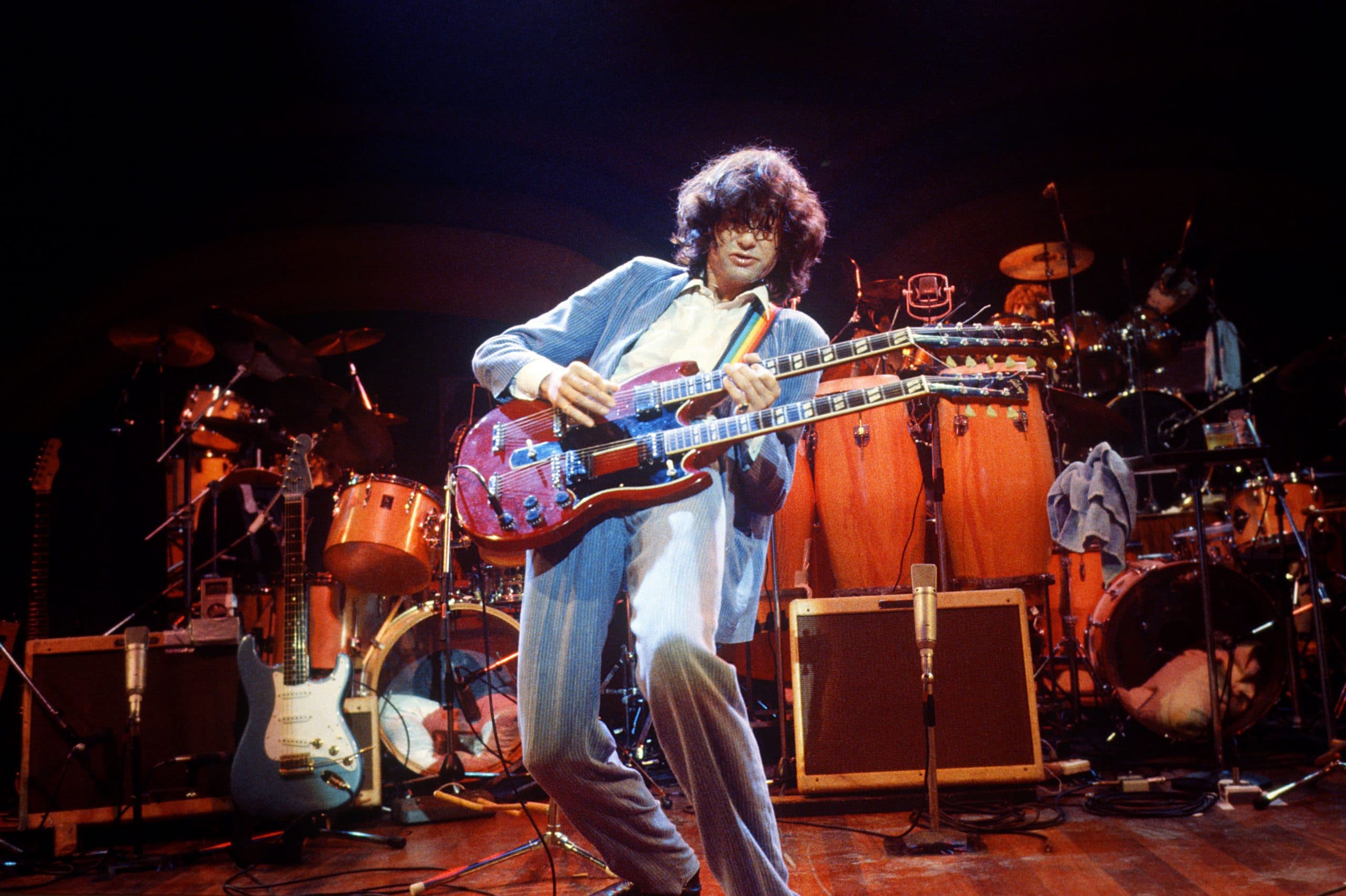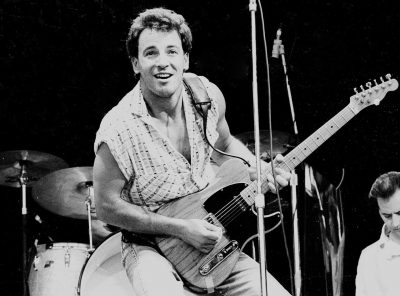Led Zeppelin to Court
Led Zeppelin goes back to court facing claims that it ripped off its signature “Stairway to Heaven” from Spirit’s “Taurus.” But this time, the stakes are much higher.
After being tossed through years of flip-flopping decisions, the “Stairway to Heaven” case — in which Michael Skidmore, a trustee representing the estate of Spirit guitarist Randy Wolfe, is accusing Led Zeppelin of stealing its 1971 song’s opening guitar riff from Spirit’s 1968 instrumental track — will come before the U.S. Court of Appeals for the Ninth Circuit in San Francisco for en banc (full court) arguments on Monday, September 23rd.
While jurors in the original case had decided in 2016 that “Stairway” did not infringe on “Taurus,” a Ninth Circuit panel ordered a new trial in 2018 due to errors in the jury instruction process.
The trial has gained much new attention since — especially as music copyright cases have exploded in number, with cases against Katy Perry’s “Dark Horse” and Ed Sheeran’s smash hit “Thinking Out Loud” among numerous, high-profile examples.
Led Zeppelin – Spirit case
Now, all eyes are on the Zeppelin-Spirit case because of both the iconic nature of the central song and the broader framework on how copyright law can be applied to music going forward.
“The en blanc review is an uncommon act for a court of appeals,”
Wesley Lewis, an attorney at corporate law firm Haynes and Boone who specializes in copyright cases, tells Rolling Stone.
“It signals that there is enough interest in this legal question that it could conceivably go all the way up to the Supreme Court.”
Lewis notes that while the original case focused singularly on whether “Taurus” was the foundation for “Stairway to Heaven,” the new case is likely to examine two bigger issues: the “amount of expression required to constitute original, protectable work” and how much of a role physical deposit copies should play in copyright protection. “The issues have now been defined a little more sharply,” Lewis says.
Francis Malofiy, the attorney representing Wolfe’s estate, tells Rolling Stone that he expects “everyone to be there” on Monday, from copyright lawyers to musicologists to music executives to songwriters who’ve publicly sided with Led Zeppelin.
Each side will have 30 minutes to speak; Malofiy will speak for all of his side’s 30 minutes, while the defendants (Jimmy Page and co.) plan to cede 10 minutes of their time to the U.S. Department of Justice.
DOJ filling
Last month, the DOJ filed a 55-page amicus brief in support of the previous judge’s ruling that said copyrights of musical compositions prior to 1972 are only protected as sheet music. (Page and Robert Plant are not expected to attend.)
“The Department of Justice is making a laughable argument,” Malofiy says. “The defendants, the music industry, the publishers, the songwriters standing with Led Zeppelin — they’re trying to engage in the largest art heist of all time. They’re trying to say that any current artist can steal anything from the past and change it ever so slightly, and now they can’t be sued.” A rep for the Department of Justice did not immediately reply to a request for comment.
His stance has not been met with much agreement in the music industry, which largely contests that the current scope of copyright law as it applies to artists and songwriters is too broad.
Katy Perry’s “Dark Horse”
The last few years have seen a wave of successful lawsuits that allege hit songs to have been ripped off from more obscure tracks — the most recent example being Christian rapper Flame’s victory in his suit against Katy Perry’s “Dark Horse.”
Plaintiffs in plagiarism cases are “trying to own basic building blocks of music, the alphabet of music that should be available to everyone,” said Christine Lepera, Perry’s lawyer, in closing arguments in the “Dark Horse” trial.
Others note that a new generation of keepers for artists’ estates has pushed courts to consider more music copyright cases about older songs. Sandy Wilbur, a forensic musicologist who served as an expert witness on the infamous 2015 “Blurred Lines” case involving Robin Thicke, Pharrell Williams and Marvin Gaye, told Rolling Stone in 2018 that her “last two years have been my busiest years ever.”
Original Led Zepplin – Spirit Trial
In the original Zeppelin-Spirit trial, a U.S. district judge had told jurors that “common musical elements, such as descending chromatic scales, arpeggios or short sequences of three notes” are not protected by copyright — but the Ninth Circuit panel ruled that they should have been told notes can sometimes be copyrighted if they are selected and arranged in an original way.
Whatever outcome emerges from the Zeppelin-Spirit case is also likely to have broad ramifications outside of music, which is why lawyers from various industries are watching the case with interest.
“The Ninth Circuit will be forced to consider the amount of expression that’s required in order to constitute something that’s protectable,”
Lewis says.
“In music, that’s things like a descending chromatic scale. But there are analogues in all sorts of different areas — for example, in software, when is a specific line of code copyrightable?
In the choreography space, when does a series of steps become copyrightable?
Litigators and practitioners are hopeful that this en banc opinion will establish more clarity going forward.”


